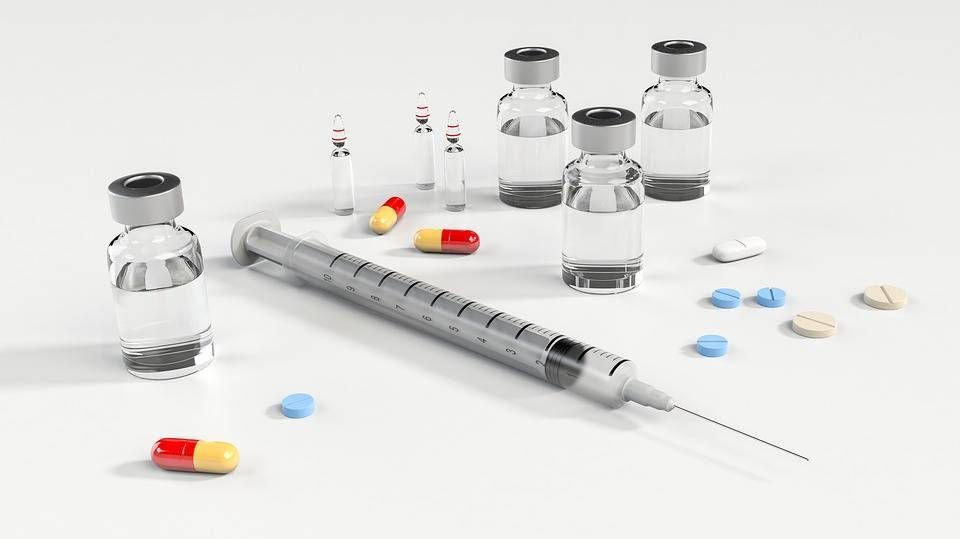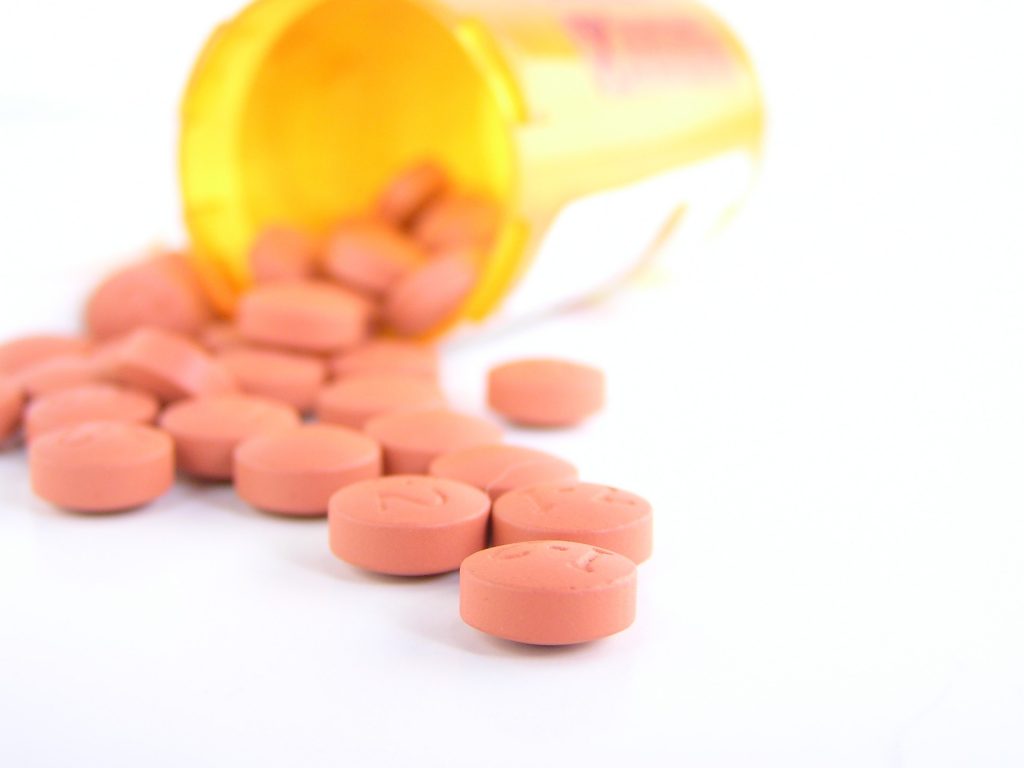This drug has several side effects.
In fact, thousands of people have been filed against the person who sells finasteride. The class action lawsuit against the company will address the drug giant’s culpability for a variety of drug-related sexual side effects.
Finasteride is marketed under the brand name Propecia, 1 mg drug. It is available with a prescription for male type hair loss treatment. Its older brother, Proscar, is a 5 mg drug commonly prescribed for the treatment of symptoms associated with an enlarged prostate or benign prostatic hyperplasia, and has been prescribed to over 1 million American men since its introduction on the market. Finasteride and the closely related dutasteride (marketed under the Avodart brand) are together a class of drugs called 5-alpha reductase inhibitors (5-ARI) that block the conversion of testosterone to its most potent form, dihydrotestosterone.

Between Propecia, Proscar and Avodart, 5-ORD includes a significant portion of the drugs prescribed to men every year. As a urologist, I prescribe or see men who are prescribed these drugs quite often. After all, the drugs have many important uses in older men with an enlarged prostate. But speaking with my patients, I realized how often men are unaware of the potentially irreversible side effects that can be associated with these drugs.
A constellation of potential symptoms, sometimes referred to as post-finasteride syndrome, can include sexual, physical, and psychological changes. Of these, sexual side effects are perhaps the most common. In fact, in 2012, the Food and Drug Administration announced a labeling change for Propecia and Proscar, asking the manufacturer to warn that the drug could be linked to “libido disorders, ejaculation disorders and orgasmic disorders that also occur.” after stopping the drug. »
A systematic study of the side effects of finasteride can be traced back to a 1992 New England Journal of Medicine report. Studying the 1 mg and 5 mg doses of finasteride, the researchers showed a higher incidence of impotence, ejaculatory disorders and decreased libido in both treatment groups compared with placebo. Although these complications were explored continuously in the following years, the conversation remained far from the public domain, in part due to the advanced age of patients treating Proscar for an enlarged prostate.
Then, in 1997, the FDA approval of Propecia for use in hair loss led to a sudden increase in finasteride prescriptions in a new group of patients: younger men. With this, there has been greater concern about potential sexual side effects.
In 1998, there were two years of experiments with more than 1,500 men, aged 18 to 41, who received Propecia or a placebo. The incidence of sexual dysfunction in the finasteride group was about twice that in the placebo group (4.2% versus 2.2%). Since this study was designed to investigate the hair restoration properties of finasteride, and the side effects did not appear to have been rigorously evaluated, the degree of side effects could be underestimated.
An even bigger problem arose when there were reports of men with persistent side effects even after stopping treatment. A 2012 study attempted to determine whether symptoms might be truly long-lasting or irreversible. Fifty-four men under the age of 40 who persisted in sexual dysfunction despite a three-month aqueous suspension of testosterone of finasteride therapy were reevaluated for an average of 14 months. Ninety-six percent of these men continued to have permanent sexual dysfunction, despite not receiving further treatment with finasteride.
Earlier this year, a review of 17 randomized controlled trials (including over 17,000 patients) almost doubled the increase in sexual, ejaculatory and orgasmic dysfunction in young men using Propecia for hair loss. male type.

At the same time, a recent study showed changes in the levels of some steroids in the cerebrospinal fluid of men taking finasteride for hair loss. These steroids have been shown to affect brain function and their presence may help explain the profound psychological changes such as depression and suicidality that have been associated with finasteride use.
This study should prompt us to think more carefully about this common drug. This is perhaps the most disturbing thing because Propecia tends to target younger men who have relatively low rates of sexual dysfunction. And the ease with which it is prescribed for purely aesthetic reasons makes it even more difficult to justify the potential risk of side effects.
Finasteride will inevitably remain an important treatment for certain diseases. But since recent evidence suggests that side effects associated with finasteride may persist even after stopping treatment, the key intervention should be to advise patients adequately on the potential harms of these drugs and carefully select patients who are the best candidates to receive this drug. first.



